There are many innovations that managers and employees need to follow in order to adapt to our day-to-day digital world. Along with the rapid technological developments and innovations, it is seen that the learning characteristics and methods of individuals, as well as the expectations of the age from the learner, have changed. Therefore, digital media literacy is one of the requirements of this age.
There are many factors that make the digital world popular. Technology is a concept that people met before digital. After people met the internet and social media, a new term has entered their lives: 'Digital literacy'. Digital literacy is the general name given to the skills of understanding, analyzing, and finding information with all technological devices. Some of the competencies that technology has brought to humanity in the 21st century, where technology is closest to life; individuals can access to the right information easily, quickly, and effectively. The concept of digital literacy was formed by combining two terms; digital and literate. It consists of different combinations of these two terms. Here, digital is a symbol that represents information. Literacy means someone who can read and write within the frames of said information. Literacy embraces the principles of powerful smart devices.
Digital media, unlike traditional media; allows users to produce content, be interactive, and access it from anywhere. For this reason, the scope of the concept of media literacy is expanding. Digital media provides easy and fast access to information (processed and organized data), information, and entertainment options from anywhere. However, it is necessary to acquire new knowledge and skills in order to use digital media consciously and responsibly.
So, what are the features that good digital literacy should have and how to become one? First of all, anyone who wants to be a good digital literate should be aware that technology is necessary for everyone, not just those who are interested. A person who is aware of this should focus on his education on this subject, being aware that digital literacy will contribute to his life, especially on his education and career journey. It is also very important that education should not be limited to school only. On the contrary, it should be seen as a life journey that someone carries on until the day that they dieTo be a digital literate, the skills that someone should posses are; 'Critical and creative thinking, easy access to information and information, active use and creative content production, awareness of rights and responsibilities, online security skills, communication and internet ethics awareness.' Developing technical knowledge and skills on how to use information and communication technologies is the first step towards becoming a good digital literate. In this way, more productive time is spent in digital media. Thus, the information and information needed can be accessed more easily and quickly. Interpreting and analyzing the data in the digital environment and diversifying the information sources, as well as evaluating the accuracy of the information obtained from different sources, make you a better digital literate.
Commercial companies; may use other personal data shared in digital media, reflecting interests and preferences. For this reason, it is necessary to act consciously to be aware of the harms of online marketing practices, to take precautions in order to protect personal data in the digital environment and to check the security settings regularly.
In this paragraph, the effects of digitalization and digital literacy on institutions and employees will be discussed. With the 80s, digitalization began to gain momentum in institutions. Digitized data became easier to access, interpret and share. Digitization has taken the life of humanity to another dimension with its convenience that helps us to save money and time. The beginning of digitalization in institutions; Access to personal computers has become easier, hardware and operating systems have become more user-friendly, and packaged programs have become widespread.
Digitalization, which first started in departments such as finance and accounting, spreads to all departments over time. If we take the banking and finance sector as an example; The banking sector is one of the most rapidly adapting sectors to technological change. Digital changes and transformations in banking and finance are leading to the rapid digitalization of individuals and society. People provide most of their needs over the internet, cost-reducing developments in the banking sector and developments in digital banking attract the attention of customers and direct their preferences. While the concepts of the Industry 4.0 Revolution and artificial intelligence come to the fore, banks slowly but surely adapted to improvements in this field.
For individuals who adapt to the digitalizing world, it becomes unresistable to handle all banking transactions with a single click. The point that banks have made the most effort recently is to meet the needs of their customers in the digital environment. In this process, a fierce competition environment draws attention among banks that want to attract more customers by making use of mobile applications. Many of the transactions that were made by going to branches in the past are now carried out through internet banking. Here, too, it comes to the fore how much bankers and customers have mastered digital literacy. Bankers need to be digitally literate in order to find effective and fast solutions to customers' problems. As a result, customers prefer to be directed to the place where they receive fast and easy service.
This process, which started in the 80s and continued until the 2010s, is called digitalization of business processes. Today, the pandemic has led to social restrictions, causing digitalization to progress much faster. Based on various researches, it is shown that it is not possible to re-establish the old order even if the effects of the pandemic begin to diminish and/or disappear completely. In other words, for some professions, the culture of remote and flexible working will become permanent all over the world.
Digital literacy, which is one of the most important competencies of the 21st century, is now becoming much more necessary. Digitalization is driving the development of many new business models. However, the effects of digitalization are not limited to this. Thanks to all the data, information, and tools that are easily accessible in the digital environment, businesses also have the chance to customize their business models according to their needs. Advancement of digitalization and digital transformation for the benefit of corporate life; leads businesses to adapt their new ideas to their established strategies, to use their resources more flexibly and efficiently, and as a result, to build a new and innovative digital order that is different from the old order. Nowadays, digitalization is moving to a new medium. Innovation, which uses the data provided by digitalization and places them at the center of business models, causing a general transformation, especially new business fields, is examined under the name of digital transformation.
So what is this digital transformation? Digital transformation is the transformation of business activities, processes, products, and models to take full advantage of the great opportunities of digital technologies. The overall goal is to increase efficiency, manage risk, and find new monetization opportunities.
Digital transformation aims to do things strictly in digital manners. This digital transformation has also caused employers to look for a new feature in their employees, the 'digital literacy' mentioned since the beginning of the article.
So why do employers want their employees to be digitally literate? As mentioned above, the world is now being moved to a completely digital environment. Global internet penetration rate has grown tremendously in the past few years. Digital literacy is encountered and needed in various fields. Digitally literate employees can reach the right information faster, analyze it, use digital devices more effectively and accurately, are researchers, can think critically, and always take their place one step further.
As a result, everyone needs to be a 'Digital Literate-Writer' in order to reach the right information without any effort, to adapt to the digitalizing business world and to become an element of modern society.
Share:
Related Articles

Understood Employees Contribute and ...
In the corporate world, we often hear statements like: “They’re talented, b ...

The Silent Power of Corporate Succes ...
In today's business world, organizations operate in an environment shaped b ...

Customer Relations and Training in B ...
Bancassurance, a business model in which banks market insurance products to ...

What Awaits the Business World? A St ...
Digitalization is no longer just a technological trend but a necessity for ...

Digital Transformation in Conflict M ...
Conflict is a reality we encounter in all aspects of life. Whether at home, ...

The Road to Success: Market Dynamics ...
In today’s rapidly changing market conditions, the importance of management ...
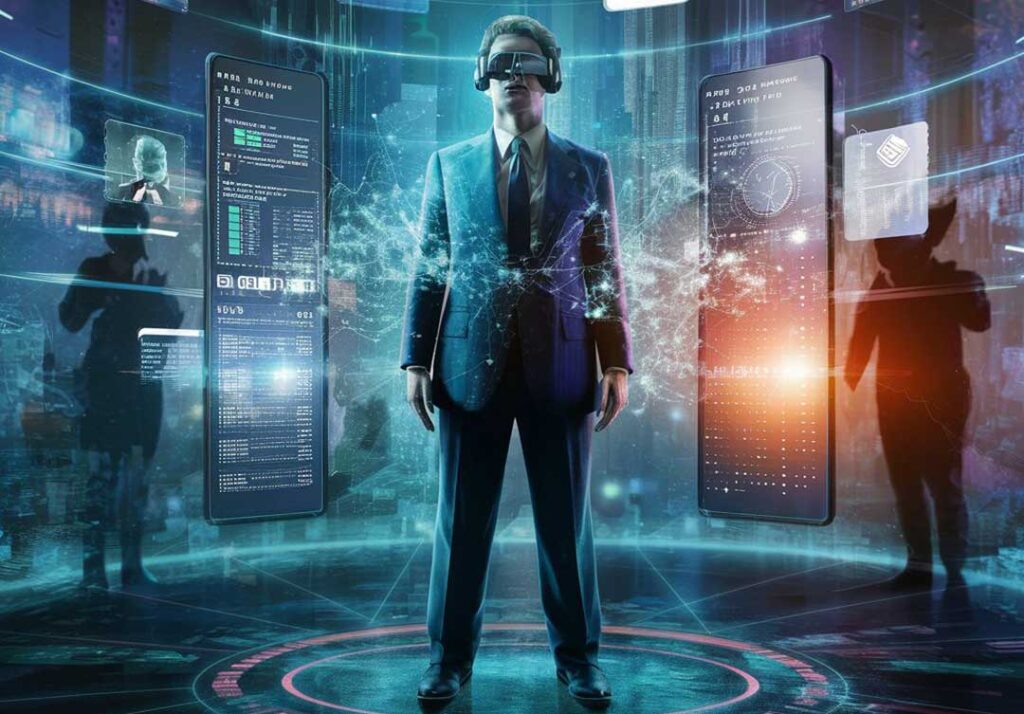
Leadership in the Digital Age: A New ...
Leadership in the digital age requires embracing continuous learning, innov ...

Mastering Risk Management
Mastering risk management is not merely an option for businesses but a nece ...

International Banking in Germany: A ...
Germany, with its strong industrial structure, high-technology products, an ...
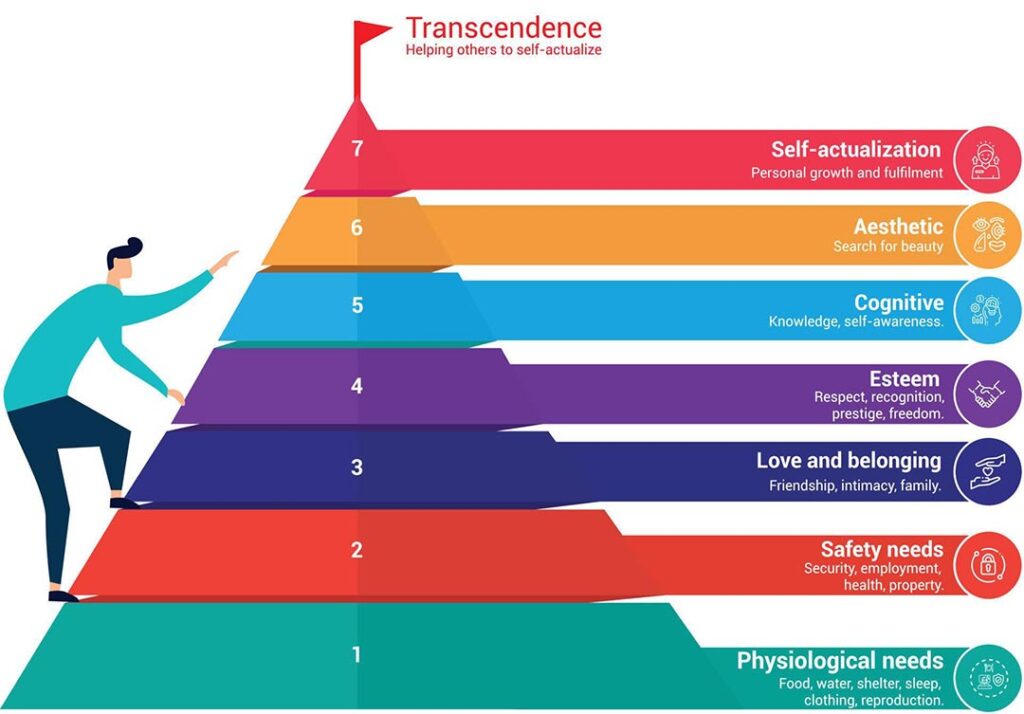
Leadership and Maslow's Hierarchy of ...
Abraham Maslow's hierarchy of needs is a fundamental psychological theory u ...

Leadership and Sustainability of Org ...
Today's business world is characterized by continuous change, technological ...

The Importance of Coaching Skills f ...
The Importance of Coaching Skills for LeadersCoaching skills are essenti ...

Fintech in Turkey: The Rise of Finan ...
Fintech in Turkey: The Rise of Financial Technology

Bancassurance
Bancassurance is a business model that is among the financial services offe ...

Banking and Frankfurt
When the banking and finance sector in Europe is analyzed, it is seen that ...

Digital Banking and Germany
Digital banking is a banking service where customers can do their banking o ...

Banking in Germany
Euro used since 2002 in The Eurozone, the currency of 19 EU members. There ...
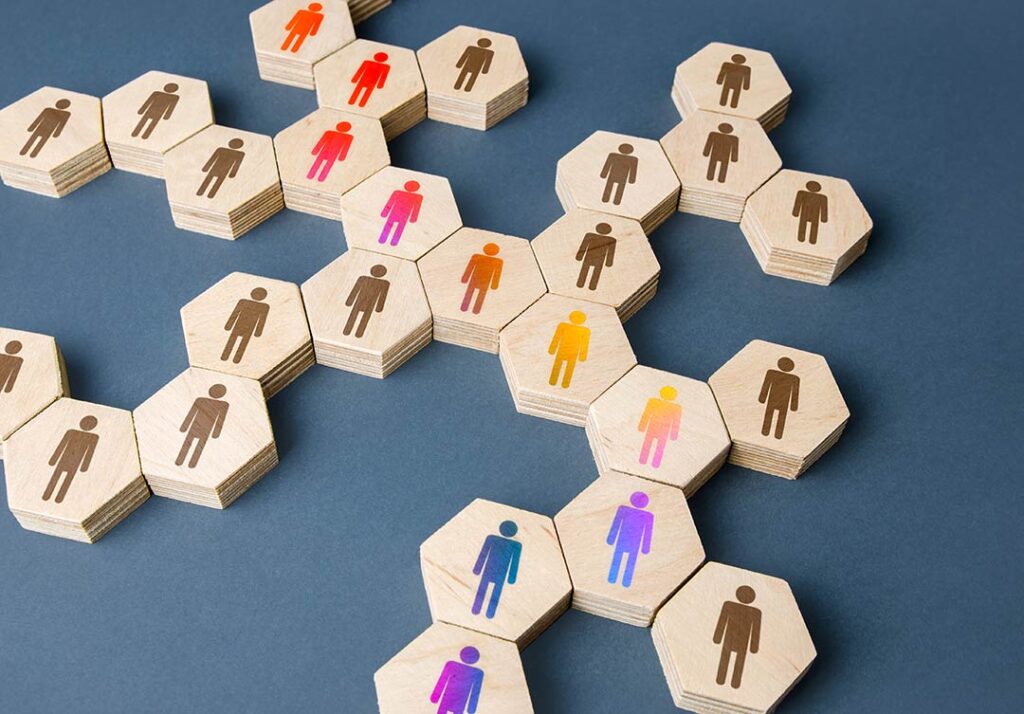
Strategic Communication
Strategic communication plays a critical role in the success of an organiza ...

Importance of Supply Chain
The supply chain is a critical factor in which a company manages the flow o ...

Key to Success: Going Digital
Digital transformation is a transformation process that aims to increase th ...

Welfare
Poverty and inequality are one of the biggest challenges the current societ ...
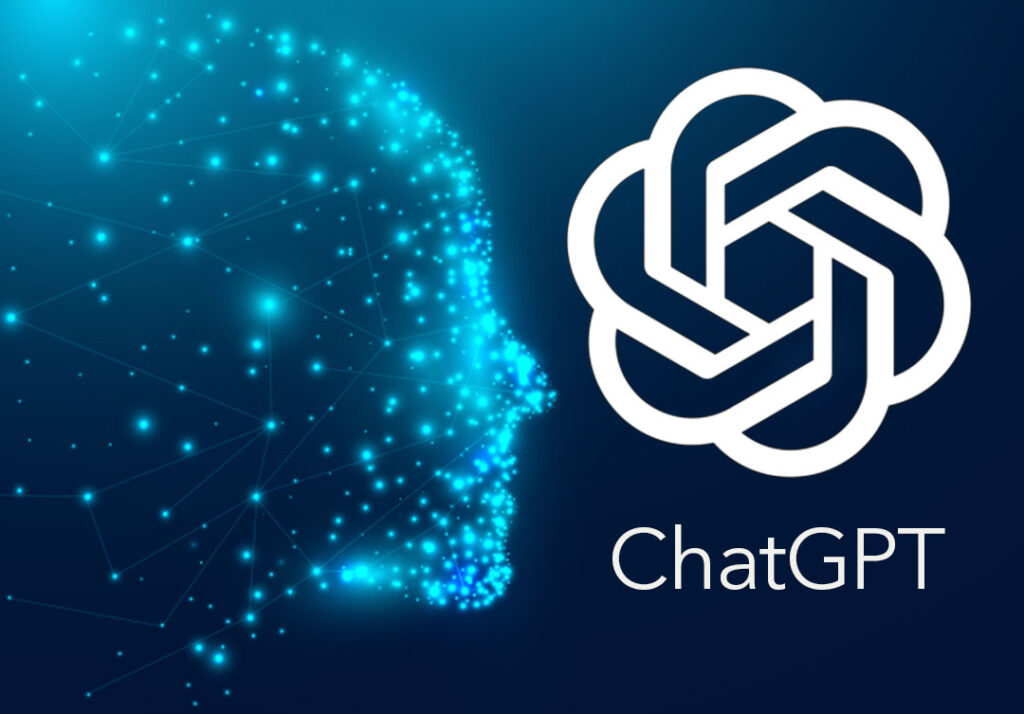
ChatGPT
ChatGPT, developed by the OpenAI company known for its work and research in ...
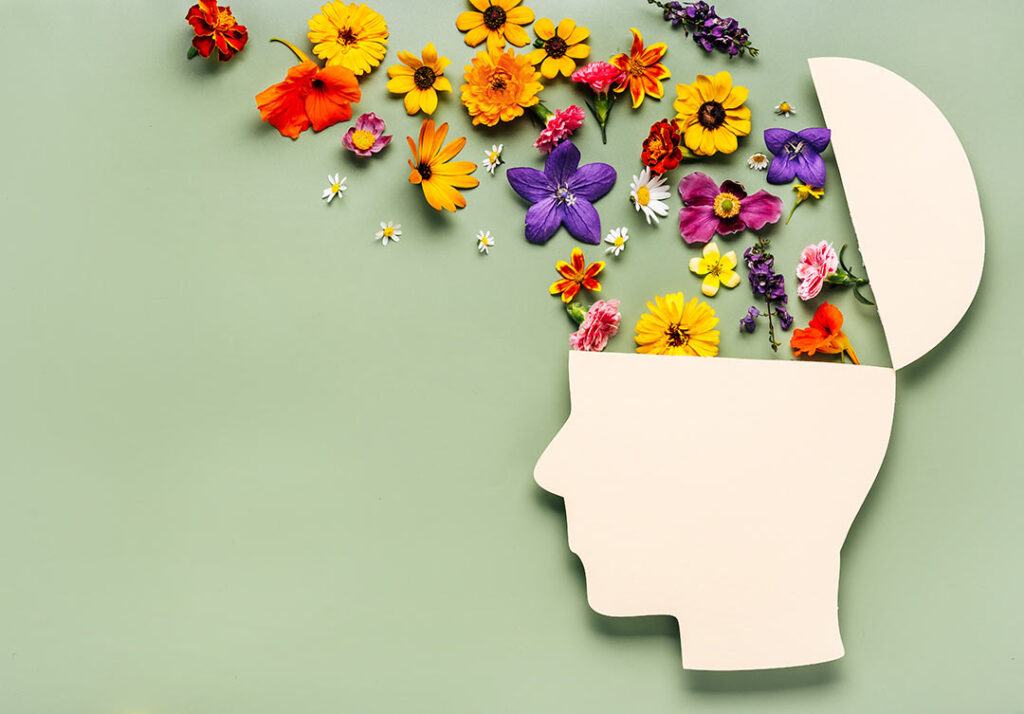
What is Emotional Intelligence and w ...
Emotional intelligence (also known as emotional quotient or EQ) is the abil ...

The Importance of Women's Employment ...
Women's participation in the workforce is closely related to the level of d ...

Digital Banking II – Digital Banking ...
A serious step taken for the spread of “digital banking” in Turkey, providi ...

The Perception of Morality within Ma ...
If everybody in the world jumped out of a window, would you? This question ...
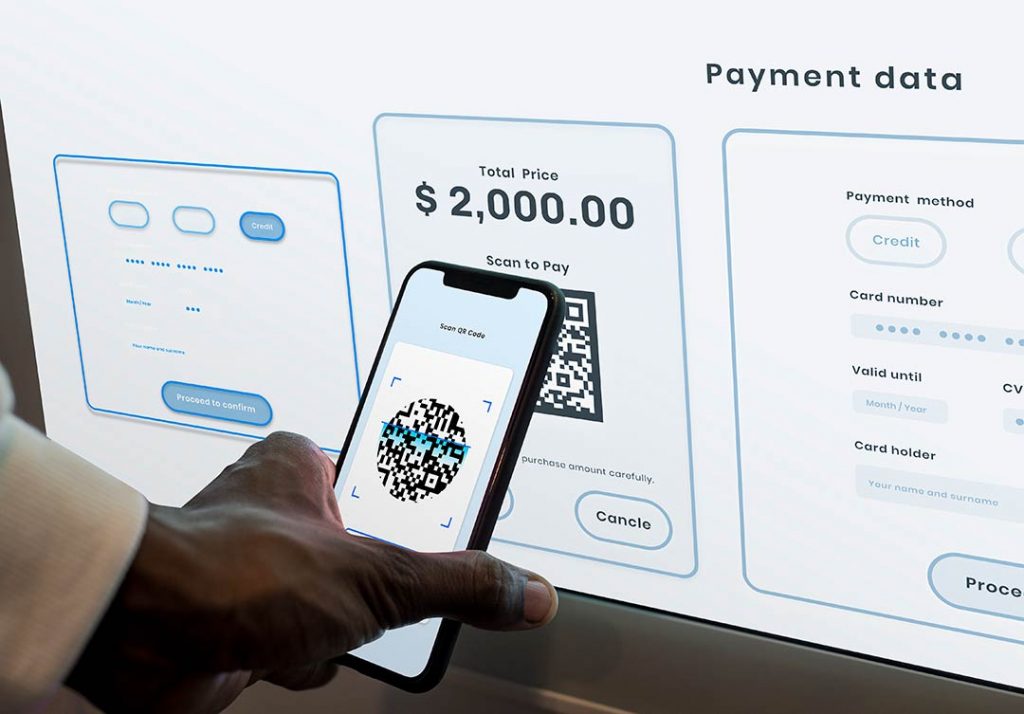
Digital Banking
Digital banking is a banking technology that offers customers the opportuni ...
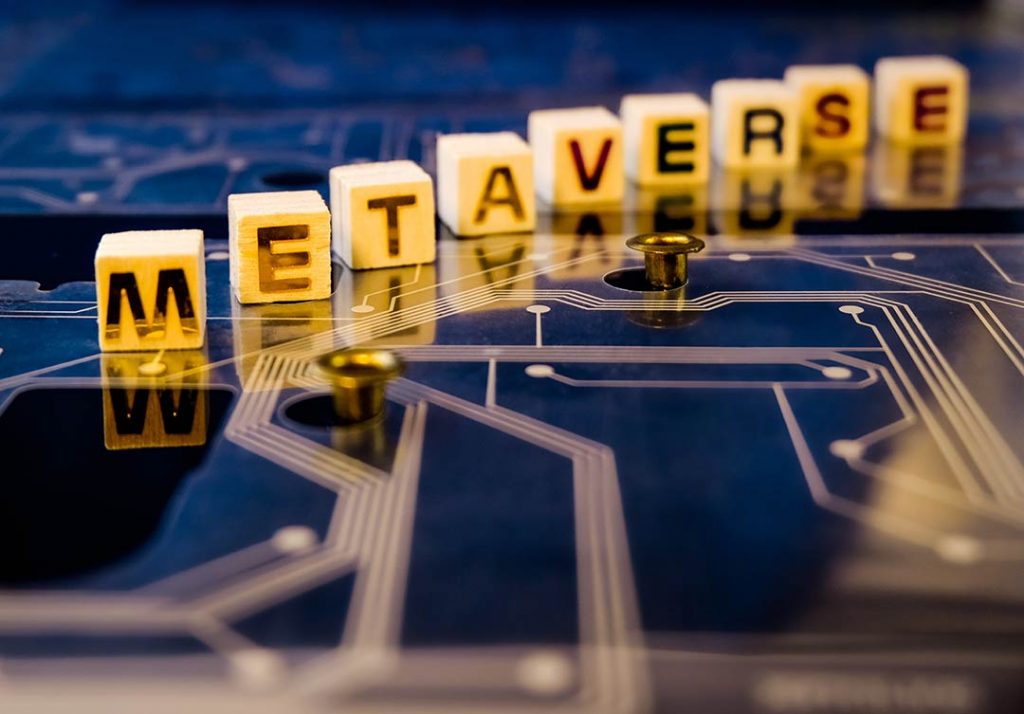
Banking, Artificial Intelligence and ...
We have heard the concepts of metaverse, artificial intelligence and machin ...

Green Asset Ratio
Sustainable finance has an important place among the investments made for t ...
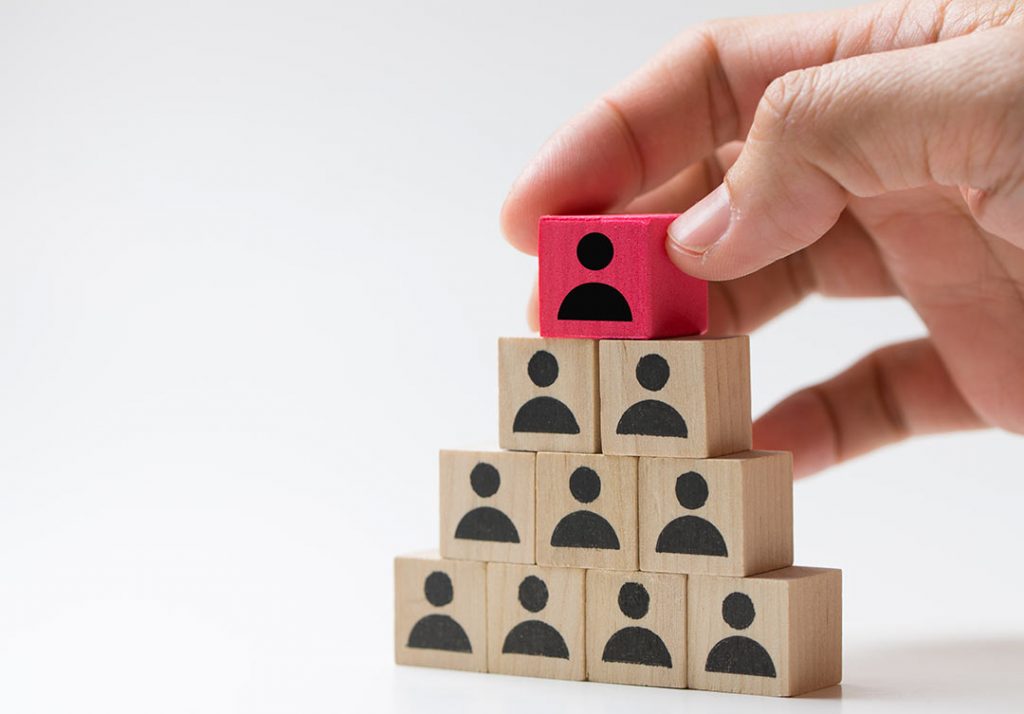
Servant Leadership
There is an effective form of management that we often hear about today: se ...

Sustainability In The Global Banking ...
Before Covid-19 wreaked havoc on the world’s economies, the global banking ...

Revolution of Digital Banking
With the European Central Bank considering to investigate for a digital cur ...

Taking Action and Making Decisions i ...
Uncertainty is the fact that an event is not within the framework of certai ...

Wind of Change
Change is an important concept that must be managed for employees at all le ...

Organizational Justice
“What is justice? Giving water to trees. What is injustice? To give water t ...

Open Banking
Digital transformation has started to show its effects in every aspect of o ...

Digital Literacy And Corporate Life
There are many innovations that managers and employees need to follow in or ...

Financial Literacy
The words money and economy are two important concepts that have a great pl ...

Sustainability and Bank
The solutions we have found to our various needs throughout history and ada ...

Adaptability, Flexibility and Leader ...
Being able to adapt to changing conditions is very, very important not only ...

Creativity and Leadership Relationsh ...
The world is getting more competitive every day. For this reason, the servi ...

Competitive Analysis and Banking Sec ...
Competition analysis requires you to examine your direct and indirect compe ...

Delegation in Management
The statements "two heads are better than one" or "teamwork makes the dream ...

Climate Change
All creatures evolve to best adapt to environmental impacts. Those who are ...
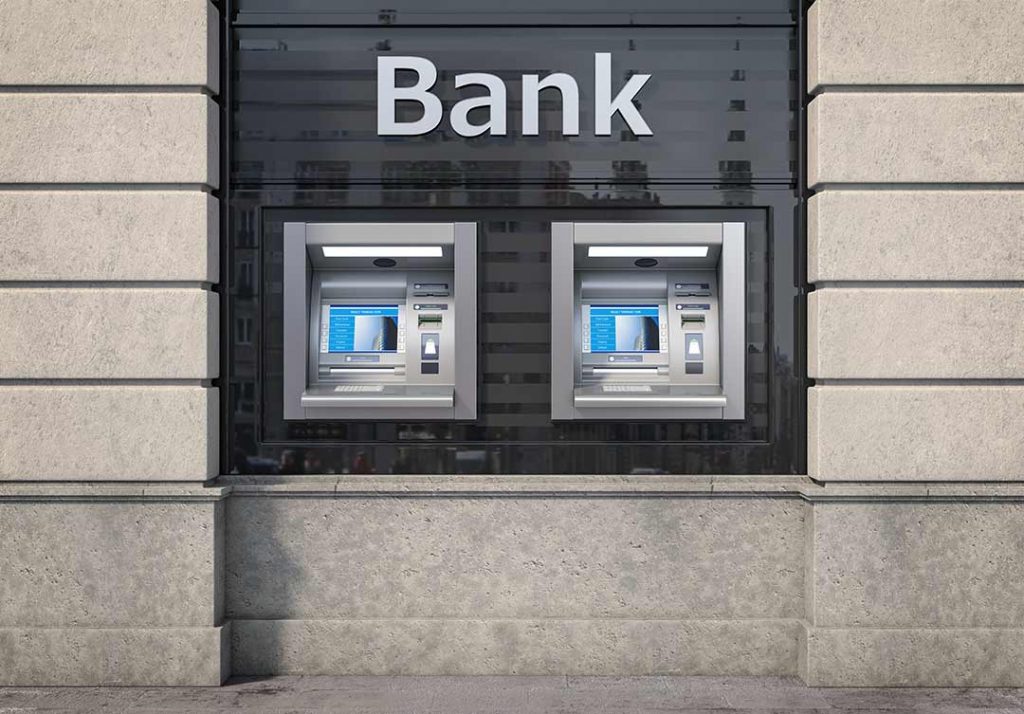
Change of Banking Service Channels i ...
Global crises such as the pandemic, force the existing structures to change ...

Innovation
It is undeniable that innovation has a very important place in today's worl ...
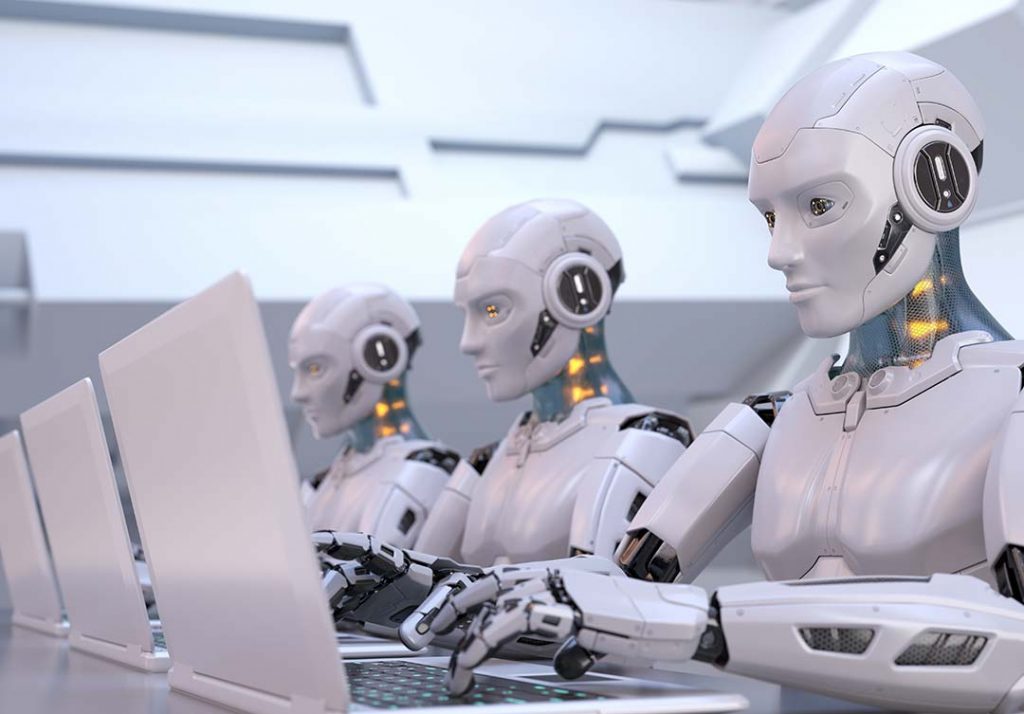
Artificial Intelligence
Artificial intelligence is no longer just something specific to science fic ...

Entrepreneurship
Entrepreneurship is the process of starting a new business that incorporate ...
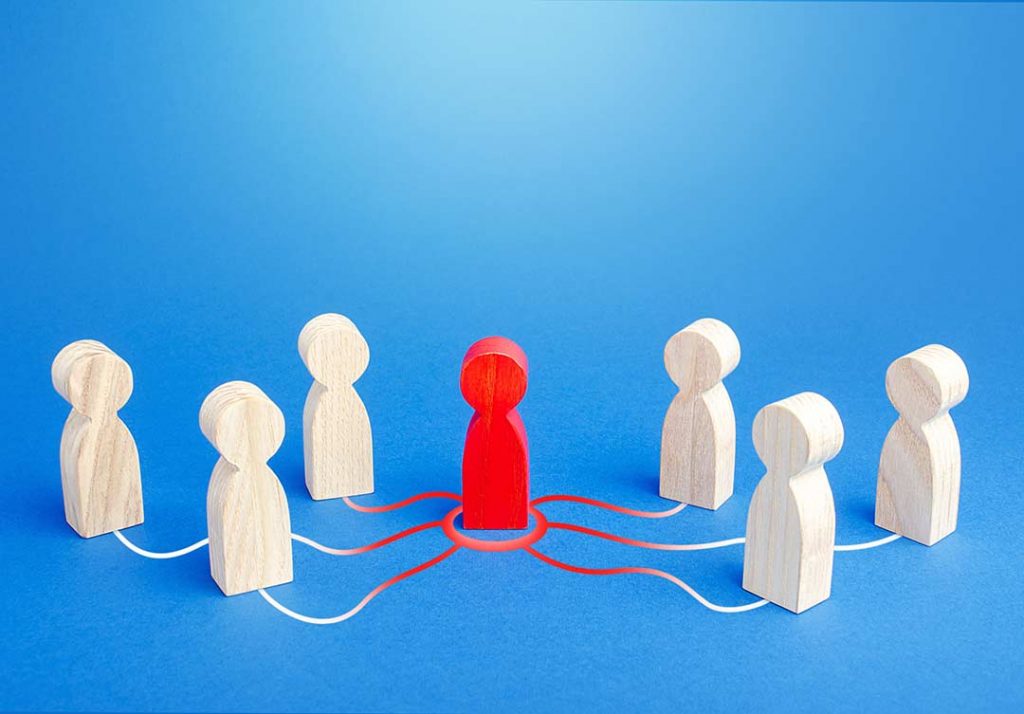
Global Leadership
The world is changing day by day and the information we have today is out o ...

Resilience and Leadership
We encounter many events in life that cause us difficulties and stress. How ...

Entrepreneurial Spirit for Leaders
Why is important for success? The conventional perception of entrepreneursh ...

Finance Leadership in a Pandemic
Crises bring along a period in which institutions need to review their fina ...

Crisis Management
Crisis is a state of tension that puts the existence and goals of an organi ...
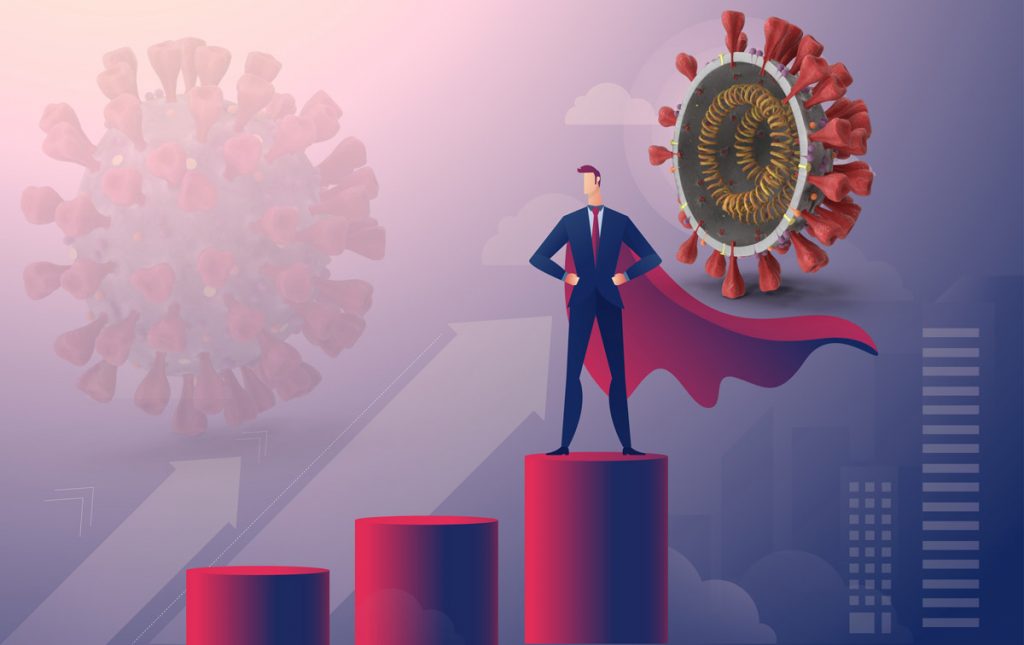
Strategic Leadership and Pandemic
Strategic Leader is the person who sets the roadmap to achieve the ultimate ...

Awareness, Appreciation, Success
It is very important for a person to recognize himself, discover his power ...

Woman and Career
People who are raised by unemployed mothers have a mother model in their mi ...
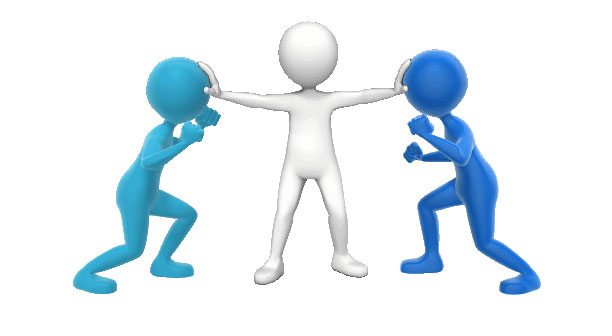
Conflict Management
In the broadest sense, conflict is disagreement between two or more people ...

Leading with Kindness
Kindness is an important virtue. Kindness in all areas of life makes relati ...
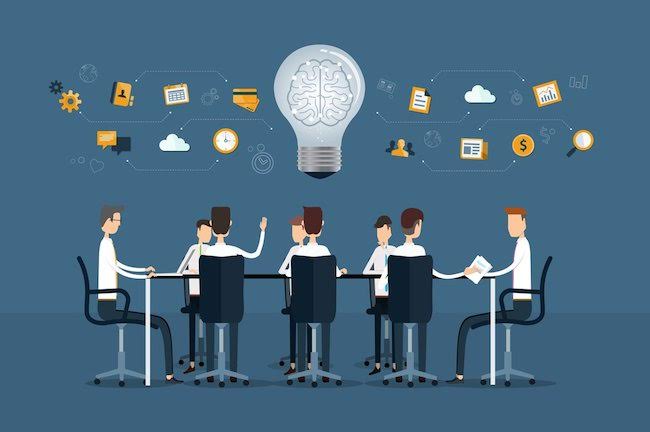
Smart Meetings
Meeting management is the process of managing all stages and components of ...
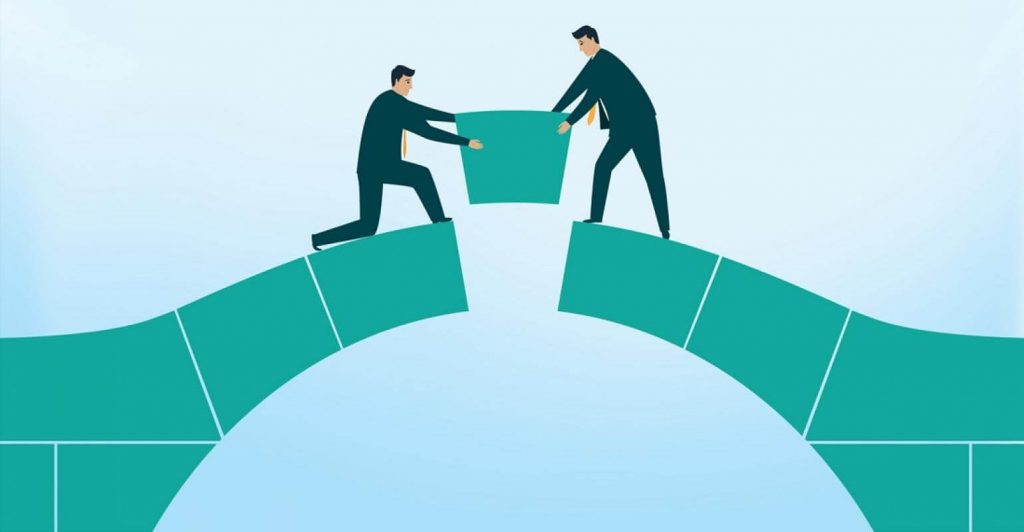
Negotiation Management
Negotiation is defined as a dialogue aimed at reaching a common and benefic ...
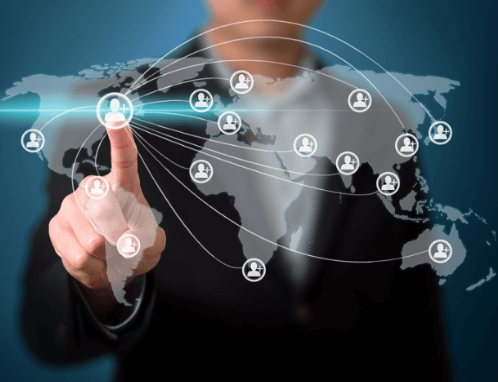
Virtual Leadership
The repercussions of the digitalization process in business life were sprea ...

Manager and Patience
Patience is an important concept in management. Patience is active, not pas ...

Being All Ears
Human beings differ from other creatures in their way of communicating. Com ...

Networking
The fact that managers in the corporate world act with awareness of network ...
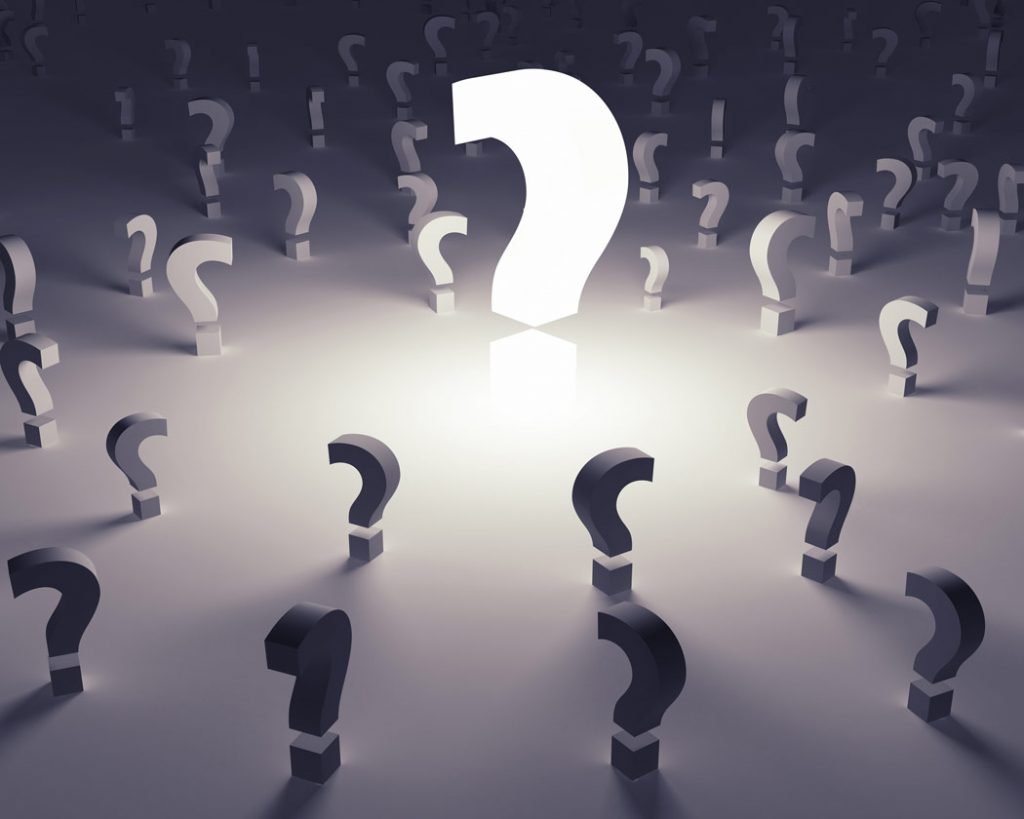
Asking Strong Questions
For managers, asking a strong question is an important skill. Managers, who ...

Managing Yourself
The manager at work is in communication with the other parts of the busines ...
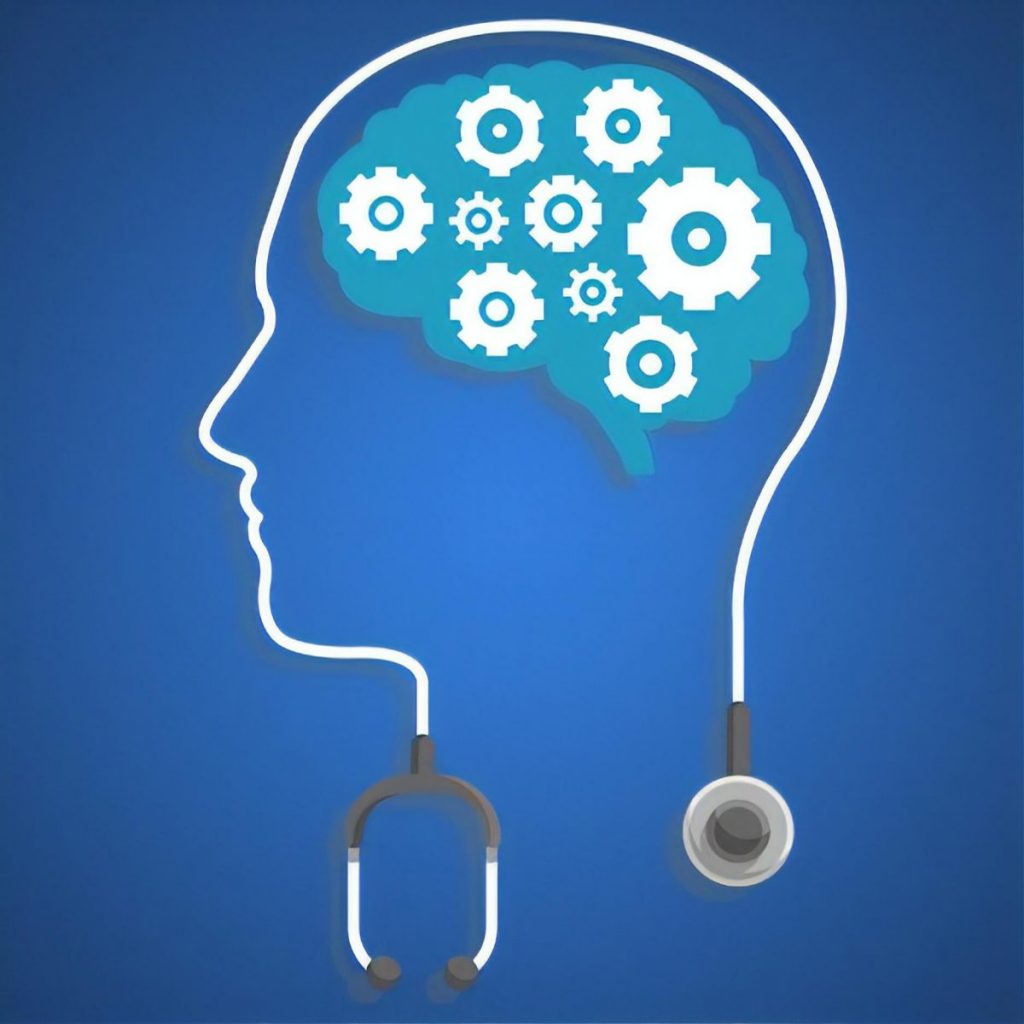
Mental Immunity
In the fight against Coronavirus (Covid-19) pandemic, knowledge and awarene ...

